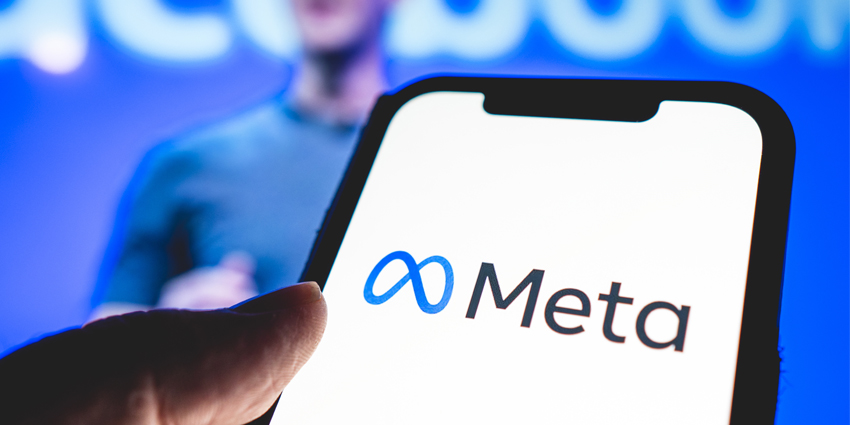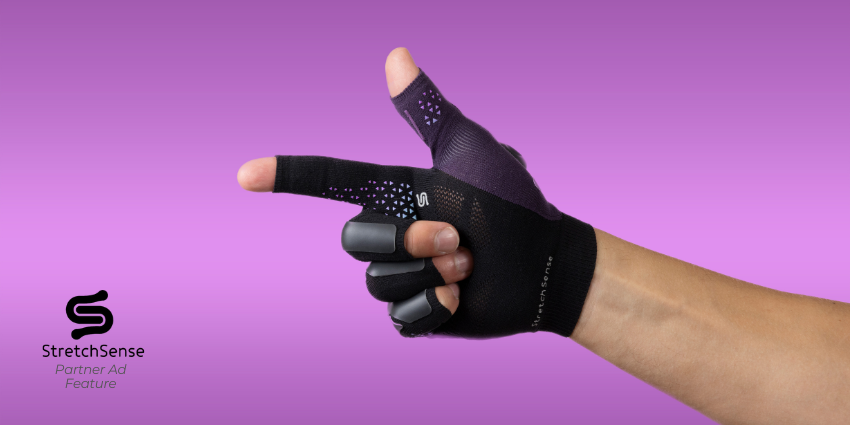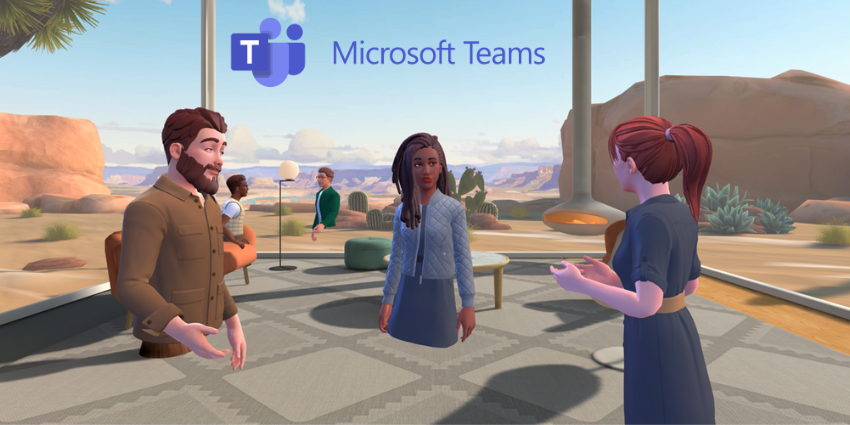Mark Zuckerberg, Meta CEO and Founder, hit back at critics in a Facebook post last week triggered by the firm’s 2021 fourth quarter (Q4) earnings report.
He addressed the 26 percent drop in shares last week following the news, which public reports attributed to increased competition from rival firms Tiktok and Snapchat.
Meta’s 2021 Q4 earnings report gave insight into the firm’s finical standing following its rebranding as a social Metaverse technology company.
The Q4 reports revealed, for the first time, the financials of its Reality Labs research and development (R&D) division, which recorded its third yearly net loss in a row of roughly $10.19 billion.
According to Meta, the net loss is a result of employee costs, R&D, and the cost of products distributed.
Despite this, the Menlo Park-based firm secured a net income of $39.4 billion for 2021, up from $29.1 billion in 2020.
Long-Term Plans to Tackle Competitors
Addressing TikTok’s rising presence in the social media market, Zuckerberg revealed long-term plans for the company’s operation including further integration of its Reels short video content platform.
Meta plans to fight competition by attracting TikTok’s users over to its umbrella of social media applications. In his statement, Zuckerberg said his company’s work aimed to “make sure our apps are the best services out there for young adults.”
Additionally, he confirmed Facebook would improve its News Feed and monetisation tools to better reflect short-form video content creation by enhancing Facebooks peer-to-peer messaging tools to improve group chat and business-to-business (B2B) functions.
Meta stated it was improving B2B functions on Facebook by adding eCommerce tools to assist brands in reaching, engaging with, and selling products to Facebook-based customers.
Currently, Uber and Jiomart have partnered with the Menlo Park-based firm to enable users to book rides or order and receive groceries while using Facebook Messenger.
Zuckerberg explained further, stating:
“We’re also making good progress on our broader commerce efforts. We already help a lot of businesses reach new and existing customers with personalized ads, and our commerce tools are an extension of that”
Meta on Privacy Concerns and AI
Zuckerberg continued by addressing the ongoing concerns regarding Meta’s user privacy policies.
According to the CEO, Meta is making “huge investments” into improving its privacy for users on Facebook, Instagram, WhatsApp, and Horizon by introducing end-to-end encrypted backups and disappearing messages on its WhatsApp platform.
Meta additionally plans to add end-to-end encrypted calling on Facebook Messenger, he said.
The news comes as the US tech giant advances its artificial intelligence (AI) research to improve user privacy, enhance advertisements, and build the foundations of the Metaverse after it announced its AI Research SuperCluster facility, which aims to be the world’s fastest supercomputer.
The research facility will enable Meta to upscale its computing power and AI infrastructure to improve “data center design, networking, storage, and software,” he wrote in the post.
New Immersive Tech
In his response, Zuckerberg teased a potential end-of-year release window for its upcoming Oculus 3 virtual reality (VR) headset.
Originally announced last October at the Facebook Connect event, the upcoming headset will act as a follow-up to the massively popular Quest VR device.
Zuckerberg also commented on Project Nazare, its anticipated augmented reality (AR) smart glasses, stating:
“We’re working towards a release of a high-end virtual reality headset later this year and we continue to make progress developing Project Nazare”
The CEO also teased a massive update to Horizon: Worlds, the firm’s first publicly accessible platform for developing the Metaverse.
Meta also plans to release a smartphone version of Horizon: Worlds later this year, officially making the application cross-platform compatible across smartphones, tablets, or headsets.
The mobile-ready platform will add support for Meta’s other social media applications like Instagram and Facebook.
Additionally, the Metaverse company will update its Avatar Software Development Kit (SDK) to give individuals the tools required to best represent themselves in the Metaverse and on Meta’s 2D social media platforms.







